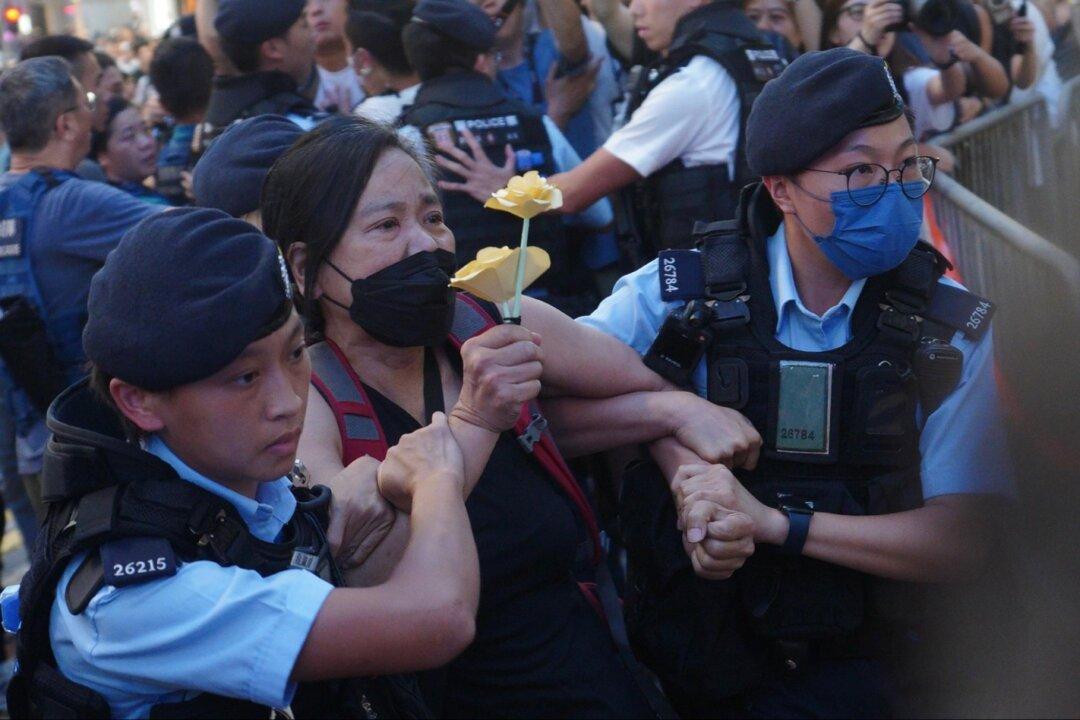Commentary
Since the late 19th century, Hong Kong has been an international city. It has got some nicknames over time: the Emporium of the Far East, Malta of the Orient (due to Malta’s status as a maritime hub), and the Pearl of the Orient, with the last one remaining in vogue for the longest time, probably due to the homonymous cantopop song by Taiwanese singer Lo Ta-yu.





